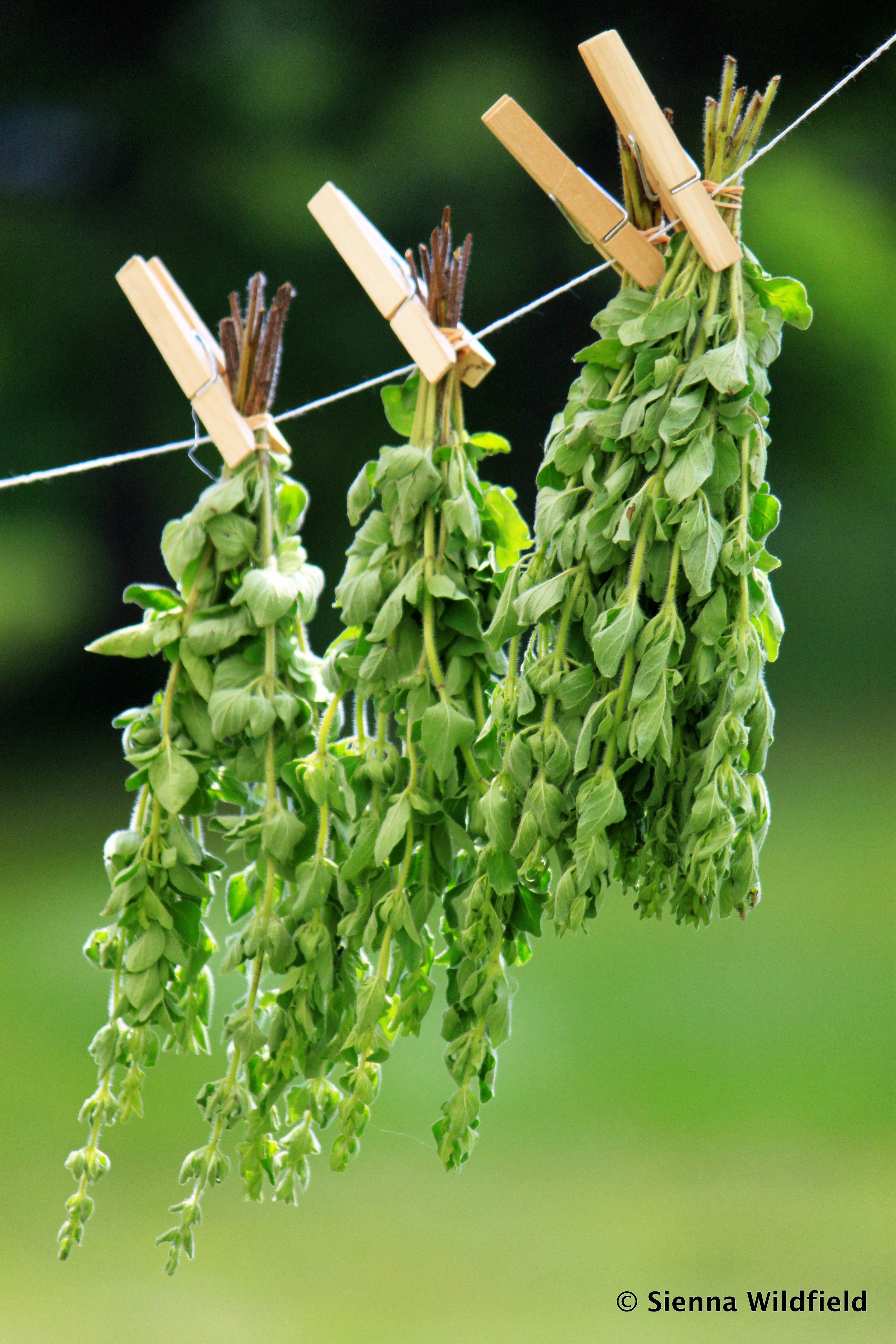Recipe Collections & Storytelling
Recipe Collections & Storytelling
 Food is an integral part of our human story. The act of cooking calls upon centuries of cooking methods, ingredients, spices, and flavors that have shaped our distinct cultures and traditions. Within our families, recipes are passed down and certain dishes are often considered an important part of our unique family gatherings and holiday celebrations. For example, when someone says, “No one makes apple pie like my grandmother,” that reflects how food shapes our memories and connects us to those we have spent time with and who are an important part of our personal history.
Food is an integral part of our human story. The act of cooking calls upon centuries of cooking methods, ingredients, spices, and flavors that have shaped our distinct cultures and traditions. Within our families, recipes are passed down and certain dishes are often considered an important part of our unique family gatherings and holiday celebrations. For example, when someone says, “No one makes apple pie like my grandmother,” that reflects how food shapes our memories and connects us to those we have spent time with and who are an important part of our personal history.
The art of recipe collecting and writing is something that allows the generations to share their family’s culture through the legacy of food. Cooking manuscripts from the 18th and 19th centuries permit us to see what early Americans in New England were preparing, giving us insight into how some of those food recipes have informed our current meals. In their own way, recipe cards and collections tell stories of who we are and how we connect with each other.
What stories do your recipes tell? Instead of looking up recipes quickly on the internet and then closing the browser once you’re finished, perhaps use the spring/summer months to create a recipe collection by making your own handwritten recipe cards to share with others. This type of storytelling and collecting is slowly becoming a lost art, yet it’s one of those small pieces of our personal histories that we can pass down to future generations, keeping our memories and family traditions alive through the food we make. Who will inherit the recipes you discover and invent this summer? What stories will they tell of the food that grows near you in Western Massachusetts? How will future generations 100-200 years from now understand the cultural and food traditions we practiced?
Curious to explore more about how cooking is related to our stories? Food writer Michael Pollan’s book, Cooked: A Natural History of Transformation, expands on the connection between our human history and the natural evolution of cooking in the world’s cultures.
[Photo credit: (c) Sienna Wildfield]
 Download our May/June edition of Learning Ahead: Cultural Itinerary for Western Massachusetts for embedded learning opportunities found in cultural resources that exist within the geography, history, and cultural traditions of Western Massachusetts.
Download our May/June edition of Learning Ahead: Cultural Itinerary for Western Massachusetts for embedded learning opportunities found in cultural resources that exist within the geography, history, and cultural traditions of Western Massachusetts.
 Hilltown Families
Hilltown Families 




























